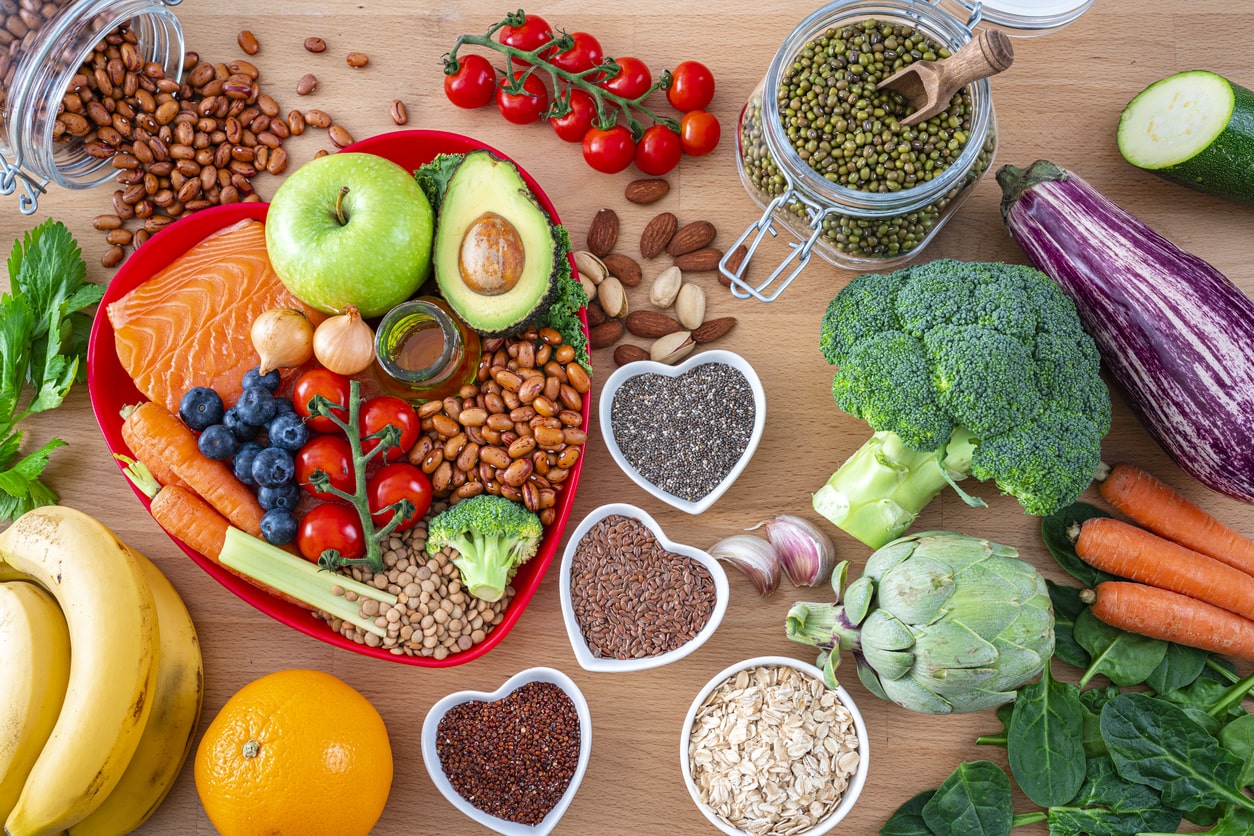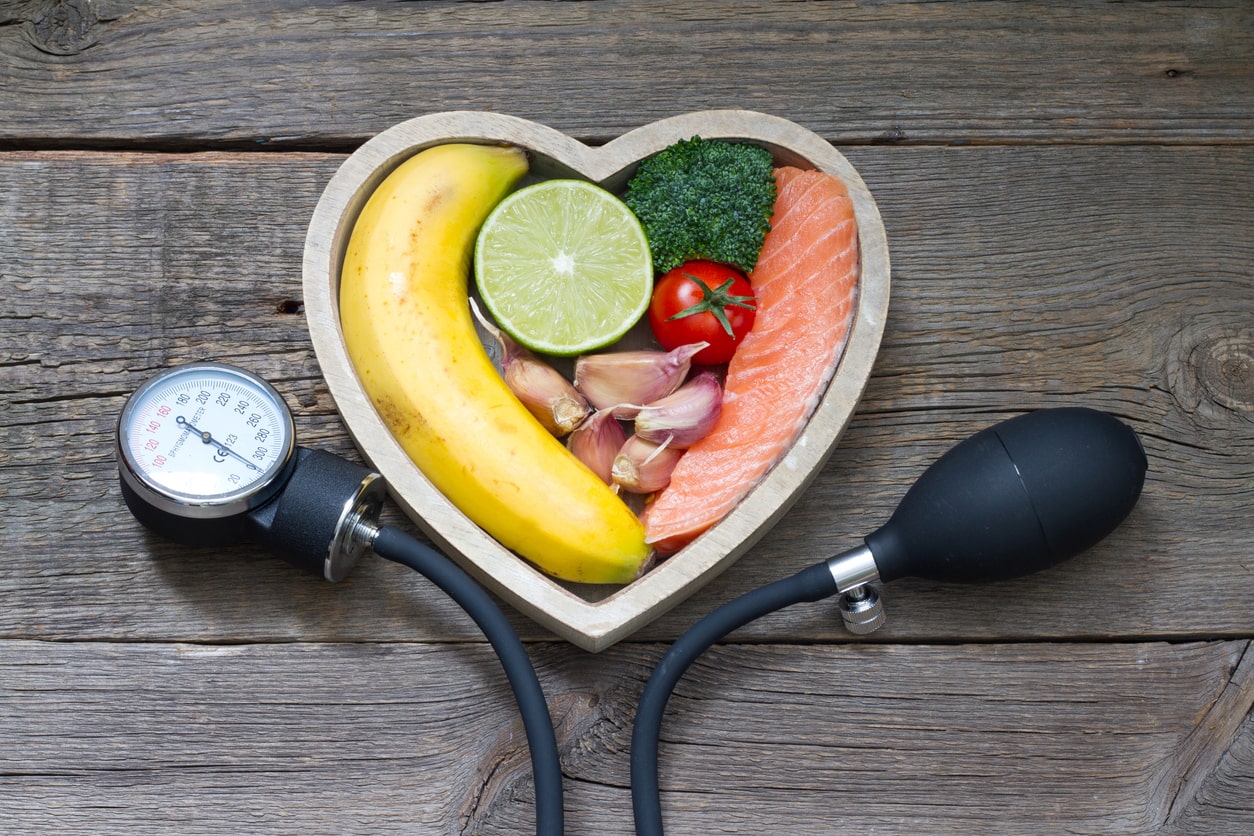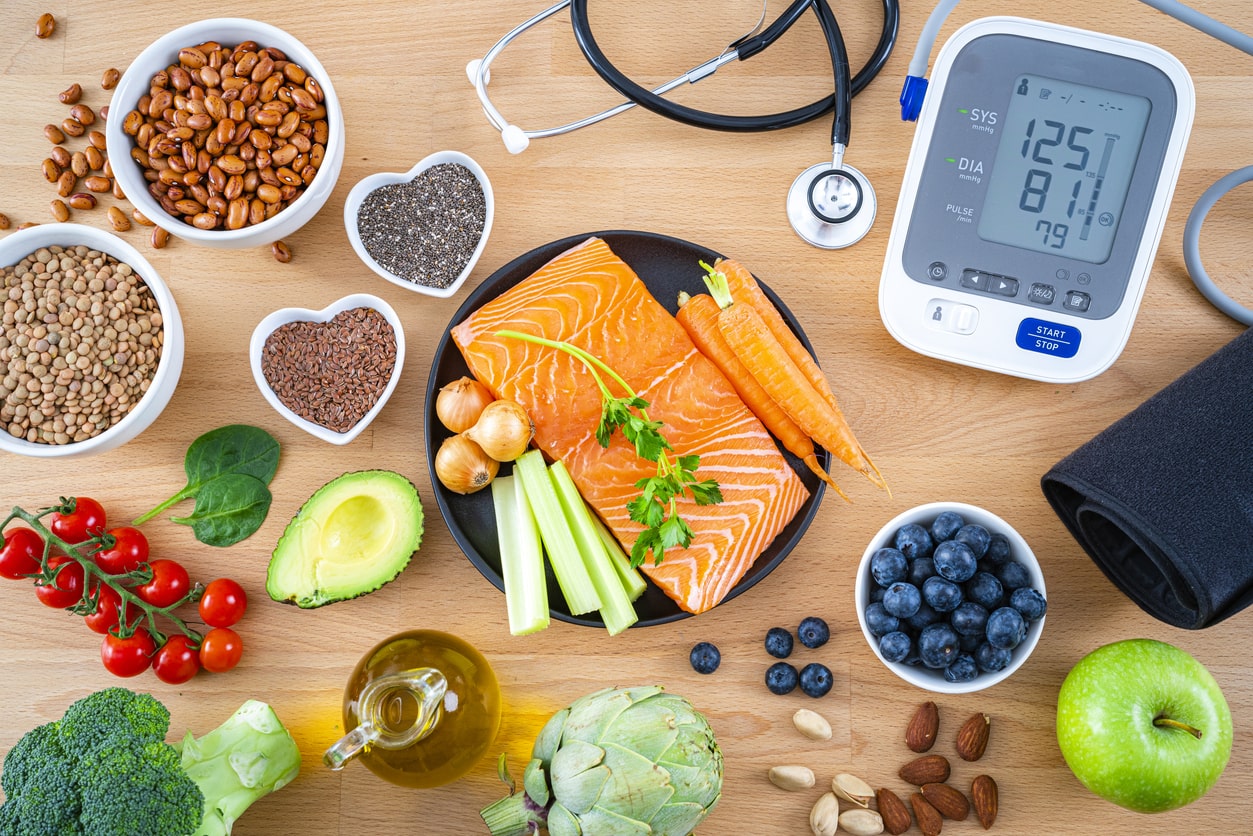
From Heartburn to Harmony: Your Guide to GERD-Friendly Foods
Gastroesophageal Reflux Disease, or GERD, is a common digestive disorder that affects millions worldwide. Characterized by the chronic backflow of stomach acid into the esophagus, GERD can lead to uncomfortable symptoms such as heartburn, regurgitation, and difficulty swallowing. While medication and lifestyle changes play crucial roles in managing this disease, dietary modifications are equally essential. Choosing the right foods can help alleviate symptoms and prevent complications, making mealtime a key aspect of GERD management. Here, we will discuss GERD-friendly foods, exploring what to eat and avoid to support digestive health and enhance overall well-being. Whether you’re newly diagnosed or seeking additional strategies for managing GERD, this blog will provide practical insights and delicious meal ideas to make living with GERD more manageable and enjoyable.

Understanding GERD
Gastroesophageal reflux disease (GERD) is a condition characterized by the frequent backflow of stomach acid into the esophagus, leading to irritation and inflammation. This digestive disorder primarily affects the lower esophageal sphincter (LES). This valve-like muscle opens to allow food into the stomach and closes to prevent its return to the esophagus. When the LES functions abnormally due to weakness or relaxation, stomach contents, including food and digestive juices like hydrochloric acid, can regurgitate into the esophagus, causing discomfort and potential damage.
Key Symptoms of GERD:
- Heartburn: A burning sensation starting behind the breastbone, moving toward the neck and throat, often worsening after eating or lying down.
- Regurgitation: The sensation of food or sour liquid flowing back into the mouth.
- Difficulty Swallowing: A feeling of a lump in the throat or obstruction.
- Atypical Symptoms: Including coughing, increased salivation, and shortness of breath, especially at night.
- Chest Pain: This can be mistaken for a heart attack. It ranges from mild to severe and is felt in the chest area. It may radiate to the back, neck, jaw, or arms.
Risk Factors and Aggravators:
Complications from untreated or chronic GERD can lead to more severe health issues, such as esophagitis (inflammation of the esophagus), esophageal narrowing, and Barrett’s esophagus, which can increase the risk of esophageal cancer. Understanding GERD’s symptoms, risk factors, and potential complications are crucial for timely diagnosis. Treatment typically involves lifestyle modifications, medication, and possibly surgery for severe cases.
- Lifestyle and Dietary Habits: Overeating, late-night meals, consumption of trigger foods (such as chocolate), and certain beverages can exacerbate GERD symptoms by increasing stomach pressure or relaxing the lower esophageal sphincter (LES).
- Health Conditions: Obesity, hiatal hernia, pregnancy, and connective tissue disorders are underlying conditions that can contribute to GERD. Managing these conditions is crucial for symptom control and prevention of complications.
- Other Factors: Smoking, alcohol use, and certain medications can worsen GERD symptoms by weakening the LES or increasing stomach acid production. Making lifestyle modifications can help alleviate symptoms and improve overall digestive health.
Foods to Avoid with GERD
Navigating the dietary landscape when managing GERD involves recognizing foods that could trigger symptoms. Understanding these triggers can significantly improve one’s quality of life by minimizing heartburn and acid reflux episodes. Here are a few common dietary culprits:
- High-Fat and Fried Foods: Full-fat dairy products, fatty meats, and creamy sauces can relax the lower esophageal sphincter, exacerbating GERD symptoms. (Examples: Fried chicken, full-fat cheese, bacon fat, and cream sauces.)
- Acidic and Spicy Foods: Citrus fruits, tomato products, and spicy seasonings can irritate the esophagus. (Examples: Oranges, lemons, tomatoes, chili powder).
- Alcohol and Caffeinated Beverages: These can lead to increased stomach acid.
- Chocolate and Peppermint: May relax the LES, leading to reflux.
- Carbonated Drinks: Can bloat the stomach, pushing acid into the esophagus.
Avoiding or limiting these foods and beverages can be a key strategy in managing GERD symptoms effectively. Tailoring one’s diet to reduce these triggers while incorporating GERD-friendly foods can help maintain balance and prevent discomfort.
GERD-Friendly Foods
Incorporating GERD-friendly foods into one’s diet is a cornerstone of managing symptoms and enhancing overall digestive health. These foods are known for their ability to mitigate acid reflux and provide a soothing effect on the gastrointestinal tract:
- High-Fiber Foods & Whole Grains: Fiber aids digestion and helps prevent heartburn by reducing the likelihood of acid reflux. Whole grains and root vegetables are slow to digest, keeping the stomach full and acids in check. (Examples: Oatmeal, brown rice, whole grain bread, and root vegetables like carrots and parsnips.)
- Lean Proteins & Healthy Fats: Lean proteins and healthy fats help reduce GERD by being easier to digest and less likely to trigger acid reflux. They promote satiety without increasing stomach acid production, reducing the likelihood of reflux episodes and providing essential nutrients for overall health. (Examples: Chicken breasts, turkey, fish, seafood, avocados, nuts, and egg whites.)
- Vegetables, Fruits, and Other Alkaline Foods: Choose vegetables such as green beans, broccoli, asparagus, and leafy greens, along with non-citrus fruits like bananas, melons, apples, and pears, which are less acidic and less likely to cause acid reflux. Incorporating alkaline foods like cauliflower, fennel, and nuts can help neutralize stomach acid, further reducing GERD symptoms.
Adapting eating habits, like consuming meals at a slower pace, thoroughly chewing food, and avoiding late-night eating, is crucial for effectively managing GERD. By integrating these dietary modifications, you can experience relief from GERD symptoms and improve your overall well-being.

Contact Us for GERD Treatment
Adopting a GERD-friendly diet can significantly alleviate symptoms and improve daily comfort. Individuals can reduce the likelihood of triggering acid reflux episodes by incorporating foods that are gentle on the digestive system, such as lean proteins, non-citrus fruits, and alkaline options like vegetables and nuts. Conversely, avoiding trigger foods like fatty meats, citrus fruits, and spicy dishes can help minimize discomfort and promote digestive health. Remember, dietary changes are just one aspect of managing GERD; consulting with your doctor for personalized advice and treatment options is essential. If you’re struggling to find relief from GERD symptoms, contact Gastro MD today. Our skilled gastroenterologists offer specialized guidance and personalized support to address your needs, empowering you to manage your digestive health effectively. Don’t let GERD hold you back – discover delicious GERD-friendly foods that work for you, ensuring both comfort and enjoyment in your dietary choices.



